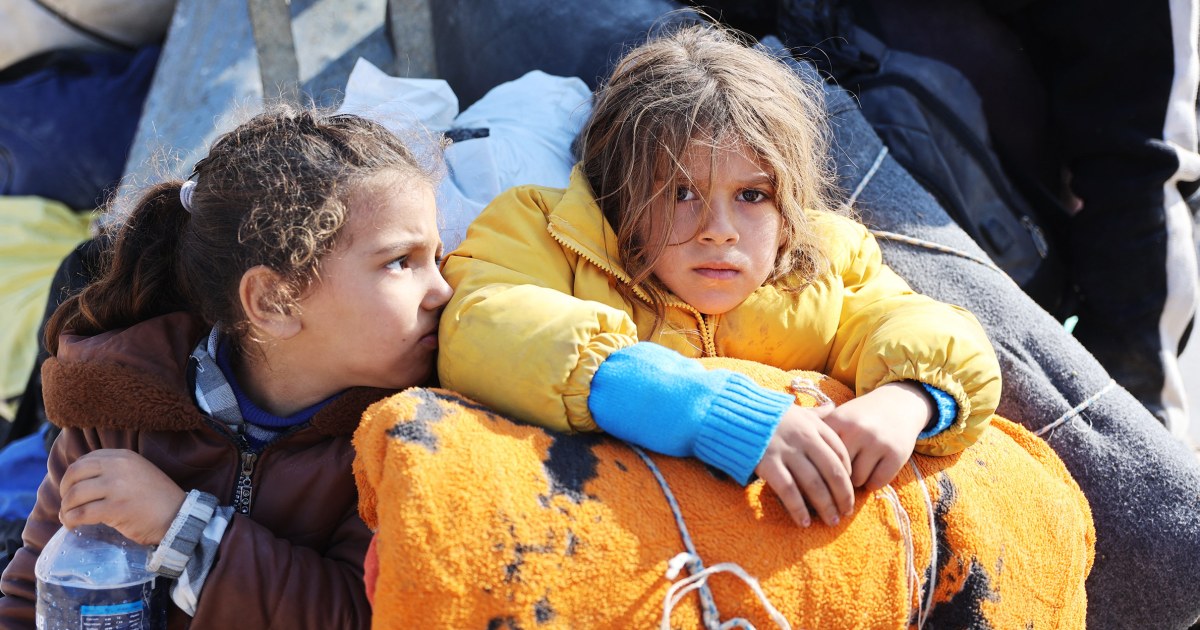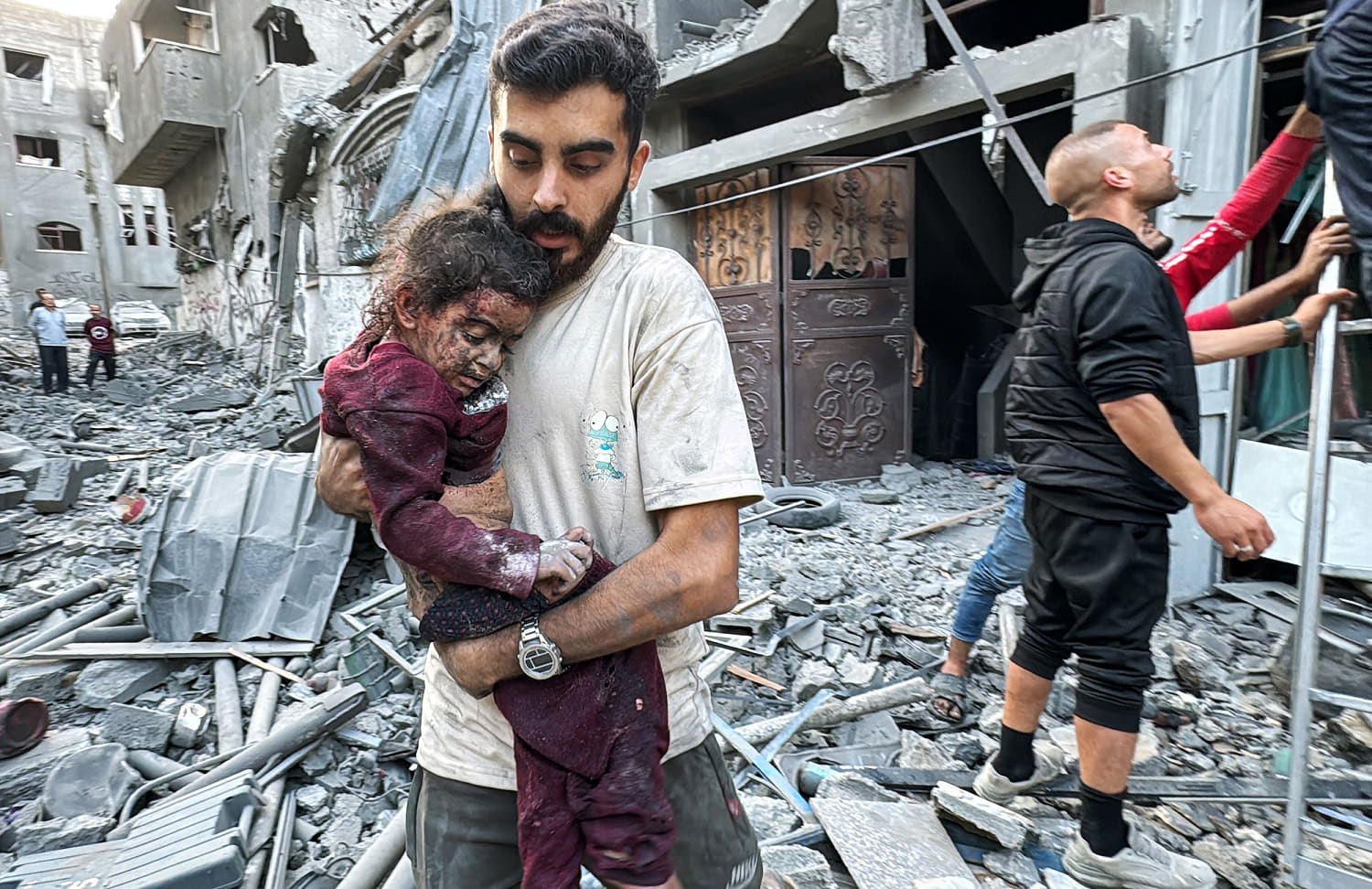U.S. says it will not change policy on arms transfers to Israel despite ‘dire’ Gaza humanitarian crisis
Over the weekend, the World Health Organization warned that northern Gaza in particular is at risk of imminent famine as the area falls under heavy Israeli bombardment.
Germany, a firm ally of Israel and one of its leading weapons suppliers, on Sunday issued unusually critical comments about Israeli actions in Gaza.
“At no time in the past 12 months has so little help reached the Gaza Strip as is the case at the moment,” German Foreign Minister Annalena Baerbock said. “Israel’s right to self-defence is limited by international humanitarian law, which includes the stipulation that humanitarian access must be guaranteed at all times and must never be used as a method of warfare. Time and again, promises have been made and not kept.”
Meanwhile, Israel has informed the United Nations that it planned to sever ties entirely with UNRWA, which has long played a vital role in aid distribution in the enclave, including during Israel’s more than yearlong offensive in Gaza.
According to a copy published by Axios, the letter from Blinkin and Austin to their Israeli counterparts last month noted that Washington must continually assess whether Israel is “directly or indirectly” impeding the transport of U.S. aid to Gaza — a requirement stemming from Provision 620I of the Foreign Assistance Act, under which the U.S. is prevented from providing military assistance to a country that restricts the delivery of humanitarian aid, unless a national security waiver is issued.
NBC News has not seen an original copy of the letter and the Pentagon could not confirm to NBC News whether the letter published by Axios was the final version sent to the Israeli officials.
Meanwhile, fears are growing that pressure to address the spiraling humanitarian crisis in Gaza will fade as President-elect Donald Trump prepares to take office.
“Israel hasn’t come close to allowing the amount of humanitarian aid into Gaza that the Biden administration says is a requirement for ongoing U.S. military aid,” Kenneth Roth, the former executive director of Human Rights Watch, said Monday. “Indeed, if anything, the starvation and deprivation in northern Gaza have gotten worse.”


